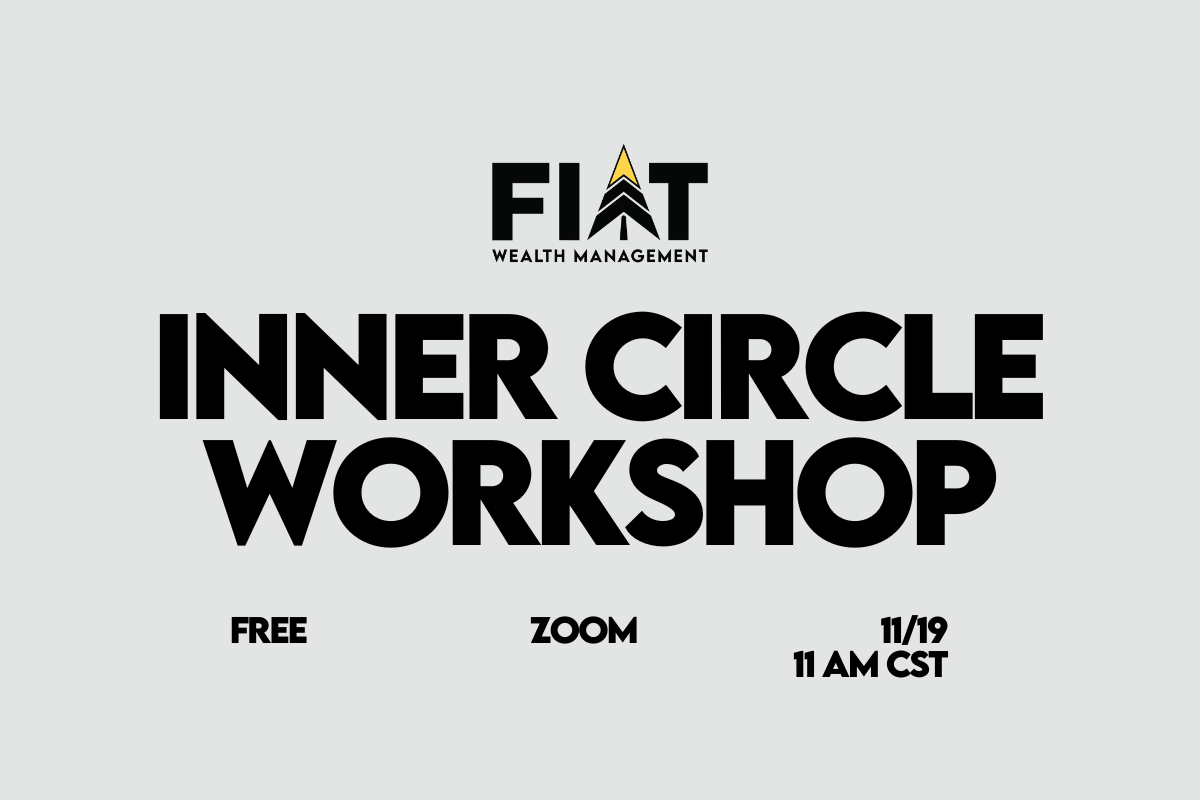In retirement, there are three impediments that discourage many from making gifts. First, after leaving employment, you may not have easy access to making ongoing donations. When you were an employee, charitable giving may have been made possible through payroll deduction gifts to community charities such as United Way. The attraction of this approach was enhanced if your employer matched your contributions.
A second impediment to donations by retirees is cash flow. Upon retirement, you are not receiving an ongoing wage and are instead living on social security, pensions, annuities, and distributions from IRAs and other retirement accounts. It’s natural to ask whether you are jeopardizing your retirement security by giving to charities.
Finally, there’s the issue of taxes. While donations to qualifying charities are deductible, this tax advantage pertains only to those who itemize their taxes — and many retirees don’t itemize. If you don’t gain tax-wise, that may take away from how much you can give away.
However, we all want to give if we can. Before you give up on giving in 2023, consider some of the ways you can make charitable donations and still benefit from a tax standpoint. Below are five popular techniques that may be particularly attractive to you as a retiree.

Bunch Your Donations
Ever since the Tax Cuts and Jobs Act reworked income taxes in 2017, using the standard deduction for income taxes has been the default choice for Americans, especially if retired. While this has made tax filing simpler, it has also taken away the advantage of the charitable income tax deduction.
But there is still a tax play available if you are willing to itemize your taxes in some years. A popular technique has been to concentrate charitable contributions into particular years. Commonly referred to as “bunching,” the idea is simply to make larger charitable donations in one year, so that you can itemize and deduct the donation and then ease back in the following year.
For example, consider making next year’s charitable donations this year instead. With the larger donation, it may benefit you enough that you can itemize your taxes this year, receiving an income tax deduction for your charitable contributions. Next year, you can hold back on donations, but you’ll still be able to use the standard deduction for your taxes.

Use Donor-Advised Funds
Charitable giving typically involves two emotions: the desire to help others in need and the joy you feel about doing so. If you’re bunching your donations, you may feel guilty because there’s a charitable gift you want to make this year, but you exhausted your donation budget last year.
A popular way to control the timing of your giving but still maximize tax deductions is to use a donor-advised fund (DAF). This highly popular giving technique allows you to bunch your contributions for tax purposes yet spread out your donations. With a DAF, you can still make a large donation in one year — receiving the charitable tax deduction for that year — but decide what charity (or charities) you want to actually receive these funds the next year. This way, you bunch your deduction yet control which charity gets what — and when.
Here’s a bonus idea for retirees: Set up the DAF with your adult children as advisers for the donations. Since DAFs allow for joint or supervised charitable giving, you can pass along your values and share with your children the principles of charitable giving. As successor advisers, they can even continue making charitable gifts in your name after your death.

Make Qualified Charitable Donations (QCDs)
If you’re at least age 70½ and want to make tax-advantaged donations, then this technique is, for many, a no-brainer. A QCD is a tax-free donation from your IRA to a qualified charity. The advantage is not a tax deduction, but a way to avoid the taxation of an IRA and a way to escape other retiree taxes, such as Medicare’s IRMAA premium.
This technique is particularly powerful for individuals who have reached age 73 and must take required minimum distributions (RMDs). Rather than being forced to take an IRA payment into your adjusted gross income, you can have the IRA custodian send funds directly to your charity.
The transferred donation counts as part of your RMD payment and never becomes part of your 1040 income. Many retirees don’t need tax deductions, but they do want to circumvent RMDs and avoid the IRMAA penalty. If you’re charitably inclined, a QCD may do the trick, and it’s available up to $100,000 per person, per year.

Set Up a Charitable Gift Annuity
While retirees typically don’t have wages to supplement their income, they may have appreciated assets that represent a potential income source. The concern is that there are taxes to pay on the appreciation when these assets are converted into income.
For the retiree who wants to make a donation, a charitable gift annuity may fulfill three goals: benefit a charity, save taxes and receive retirement income.
A charitable gift annuity is a comparatively simple agreement between a donor and a charity in which the donor receives an income for life that is based on a discounted value of transferred assets. Upon the donor’s death, the assets are retained by the charity.
Many universities and nonprofit organizations offer charitable gift annuities, and the payments they make — the annuity — are dependent on your age. Your spouse can be included in the payments, but that will lower the amount being paid.
The advantage of a charitable gift annuity is that it provides a charitable donation, a partial income tax deduction and a guaranteed lifetime income stream to the retiree. Further, the portion of any capital gain that is attributable to the tax-deductible portion is not taxed.
An important plus for retirees is that this is a simple transaction, not requiring time-consuming tax and legal work.

Make Gifts to Charitably Inclined Adult Children
Here’s a different look at tax savings for retirees who want to benefit charities. The tax reality, even for most affluent retirees, is that the federal estate and gift tax is not a threat. With the 2023 lifetime estate and gift tax exemption at $12.92 million, few retirees need fear incurring a gift tax when transferring assets to their adult children.
Further, even if affluent, retirees are often in comparatively low tax brackets due to lack of wages and a higher standard deduction. Their adult children, however, may be in high tax brackets. So, why not give the tax advantages of charitable giving to the family members who need them?
You may have instilled your values in your adult children, and they may share in your desire to give to worthy causes. In such situations, it might make sense for you to gift to your children, with the expectation that they will donate the gift to a charity. You don’t receive an income tax deduction, but you also don’t pay a gift tax.
And look at it from your children’s perspective. They won’t incur an income or gift tax from your gift, yet when passing on your gift to a charity, they gain an income tax deduction. As a family, you have given to a good cause and maximized tax savings.
Be sure to work with your tax adviser if you use this approach. For example, if you gift an IRA to your child, you’ll incur immediate income taxation. In contrast, if you gift an appreciated investment, you will avoid paying tax on the gain, and your child likewise avoids capital gain when donating the asset to a qualifying charity.
Retirees are in a unique place when it comes to ongoing contributions to charities and non-profits. While we all want to make sure our hard-earned resources benefit those who need it most, retirees bear some extra costs and burdens that can stand in the way of making regular donations. From on-demand access to funds due to retirement accounts, cash flow limitations, as well as tax considerations—especially if you no longer itemize deductions—understanding what works best for your own charitable giving needs is key. Careful review with your legal and financial advisors will help ensure that whatever options you choose works best within your goals and constraints. Reach out to us for help with finding smart and strategic charitable giving solutions that work for you!
Source: Kiplinger, (Steve Parrish, J.D., RICP®)
This page is a publication of Fiat Wealth Management, LLC. The firm is registered as an investment adviser and only conducts business in states where it is properly registered/notice filed or is excluded from registration requirements. Registration is not an endorsement of the firm by securities regulators and does not mean the adviser has achieved a specific level of skill or ability.
The information presented is believed to be current. It should not be viewed as personalized investment advice. All expressions of opinion reflect the judgment of the authors on the date of publication and may change in response to market conditions. You should consult with a professional advisor before implementing any strategies discussed. Content should not be viewed as an offer to buy or sell any of the securities mentioned or as legal or tax advice. You should always consult an attorney or tax professional regarding your specific legal or tax situation.













.png)